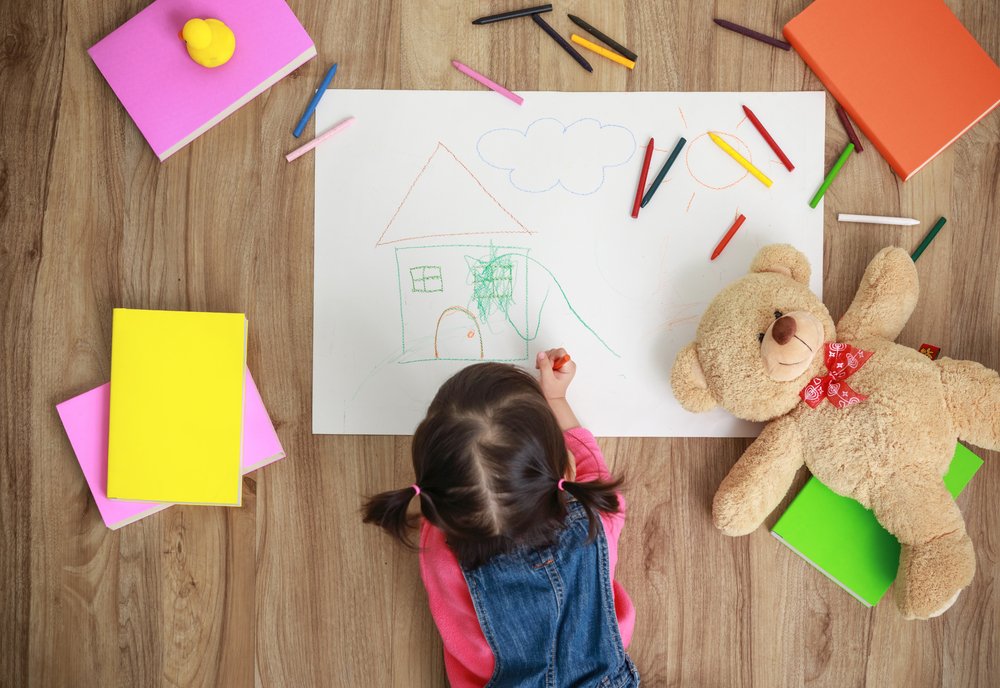
Fine motor skills: The art of scribbling and writing PART 1
Key points: Scribbling is a crucial early step in preparing your child for reading and writing. It fosters hand and finger control, thinking…
Discover the key milestones of physical, cognitive, linguistic and socio-affective child development and understand the science behind child development.
Discover the key milestones of physical, cognitive, linguistic and socio-affective child development and understand the science behind child development.

Key points: Scribbling is a crucial early step in preparing your child for reading and writing. It fosters hand and finger control, thinking…
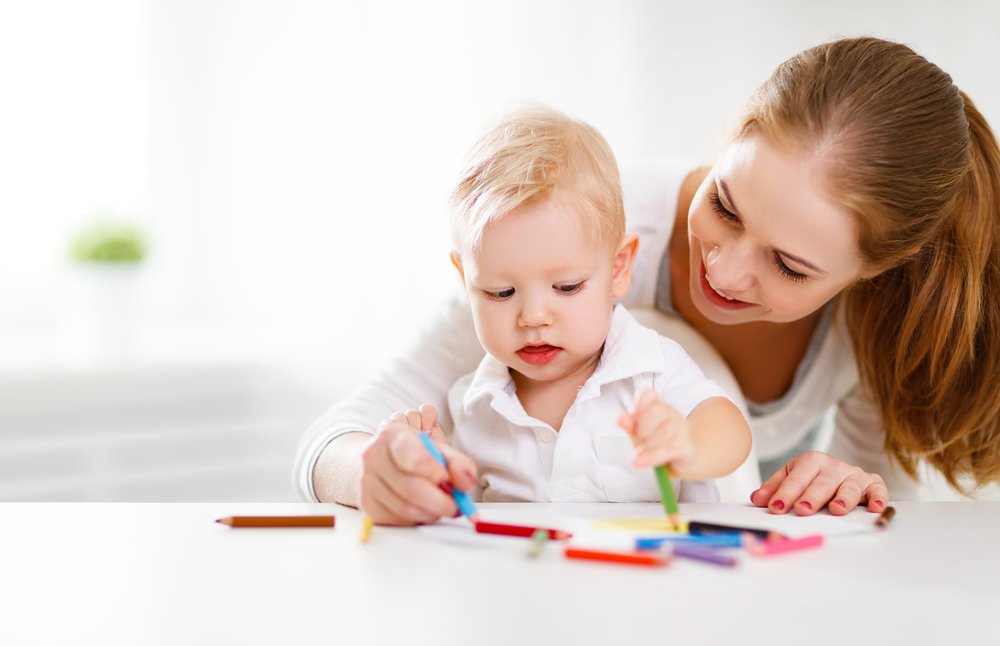
Key points: From birth, your child begins developing hand and finger strength, preparing for tasks like drawing and writing. Motor skills progress from…

Key points: Fine motor skills are crucial for holding and manipulating objects, which are essential for tasks like writing, buttoning a shirt, and…
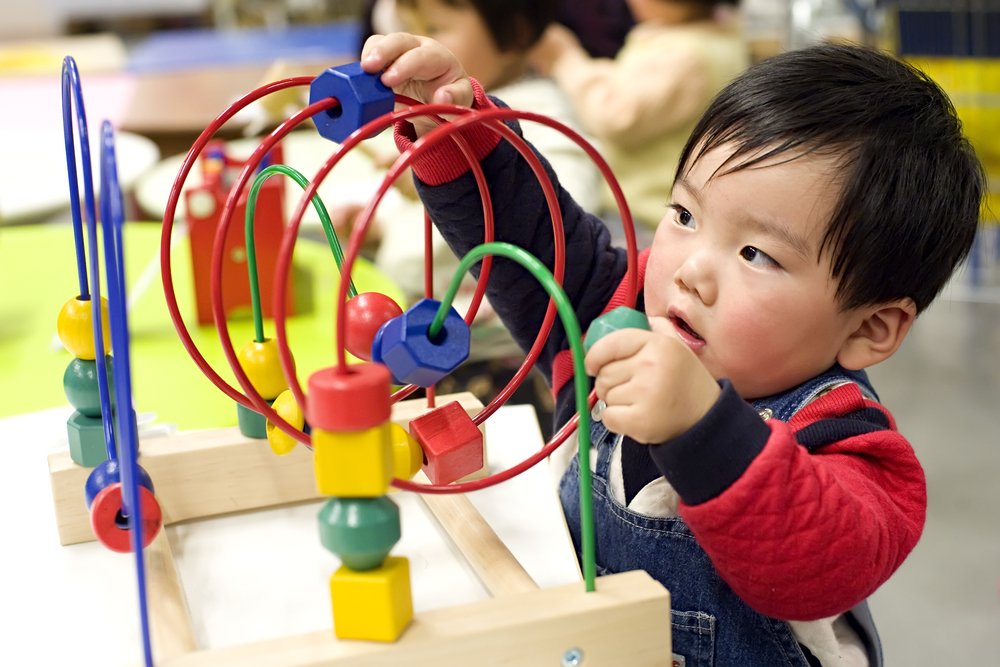
Key points: Hand control and finger strength are essential for your child’s development. Fine motor skills, including finger positioning and isolation, underpin many…
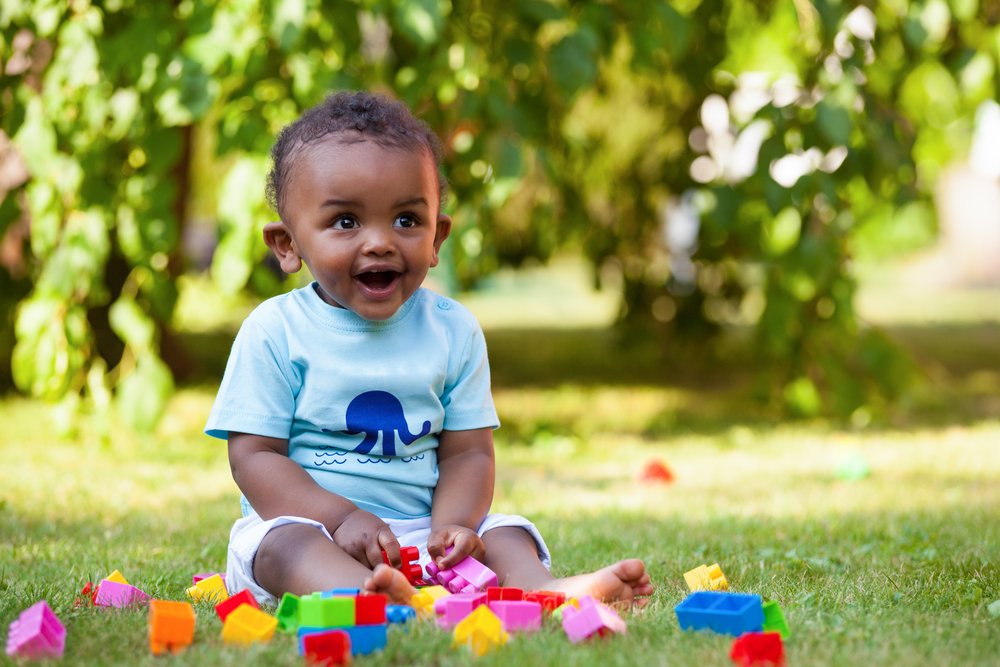
Key points: Help your baby develop hand and finger strength, control, and coordination from an early age. Blocks are a valuable tool for…
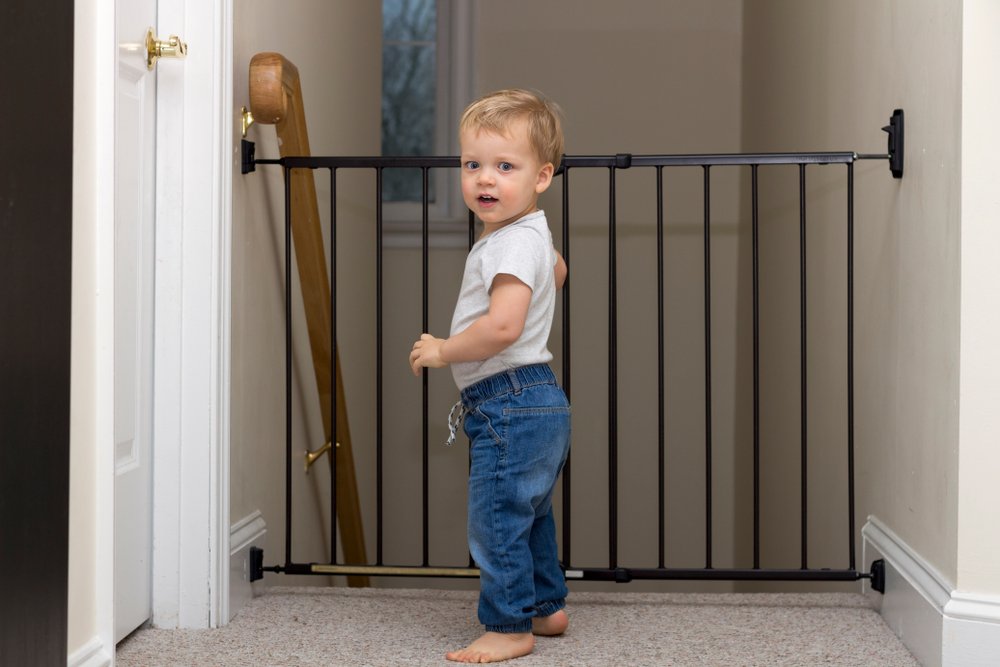
Key points: Childproof your home by addressing furniture with sharp edges and hard corners, especially coffee tables. Secure electrical outlets with sliding panels…
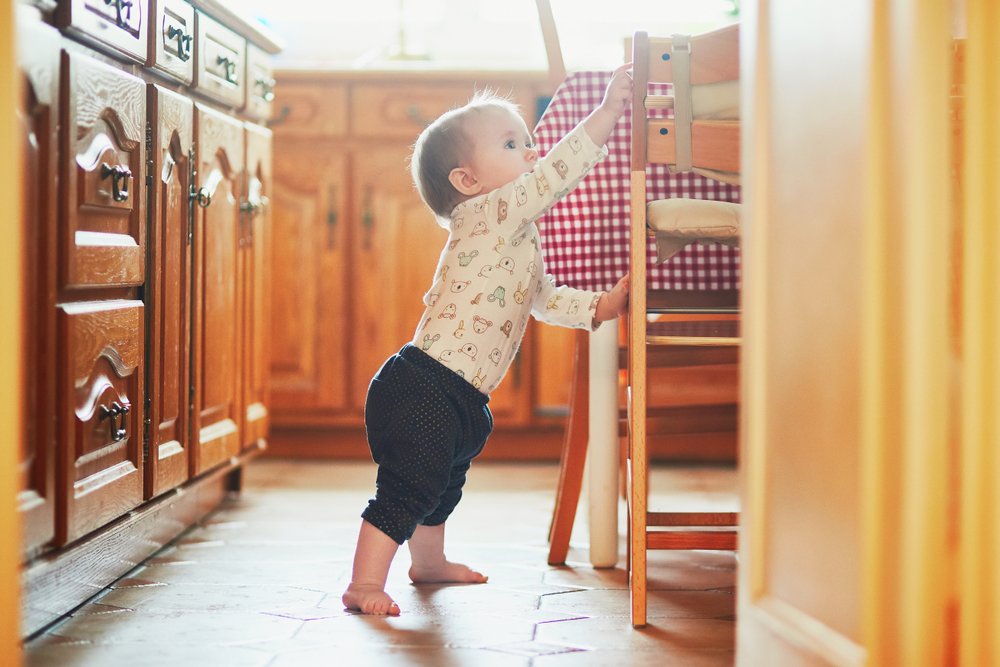
Key points: Ensure constant care and supervision for your moving baby to prevent accidents. Baby-proof your home by securing furniture, anchoring bookshelves and…
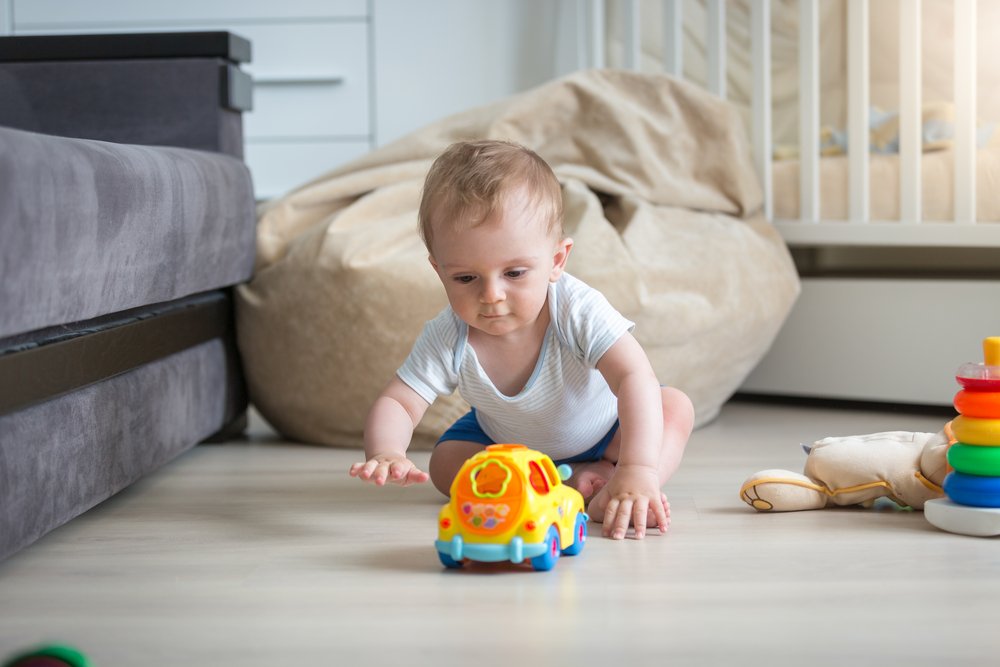
Key points: Understand that crawling styles can vary, and your baby will choose what’s most rewarding for them. Prior to walking, babies need…

Key points: Crawling usually occurs between 8-10 months, but the window for crawling can start around 6 months. Look for early signs like…

Crawling is an important part of your baby’s development. They’re now getting mobile, so prepare to be chasing them around from room to…

Key points: Encourage tummy time from birth to strengthen neck, shoulder, arm, and leg muscles. Promote reaching for toys as it helps develop…
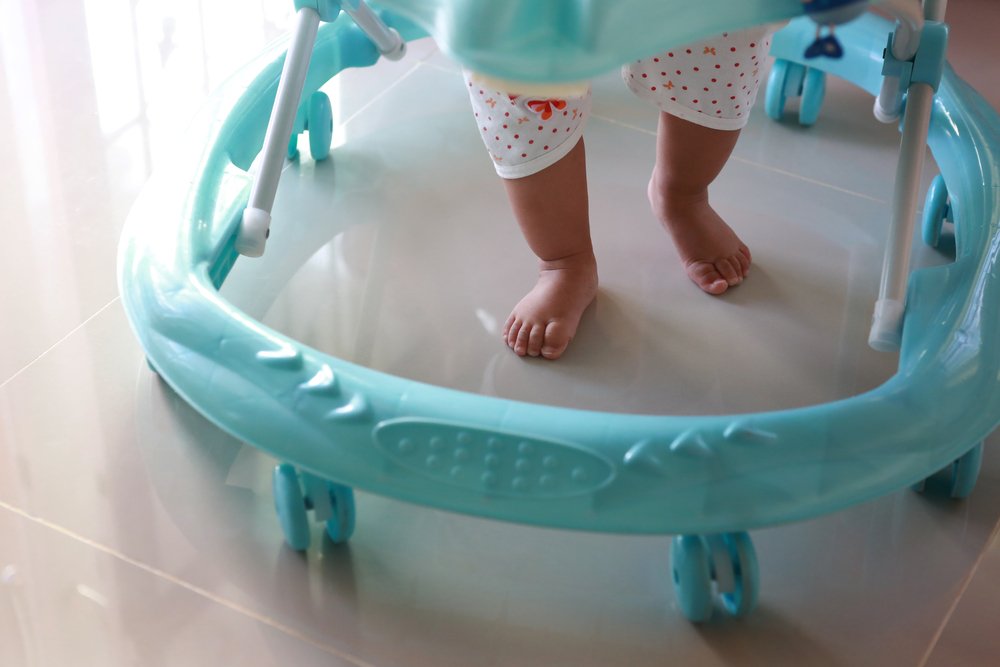
Key points: Baby walkers do not help your baby learn to walk and can hinder the walking development. Using a baby walker can…
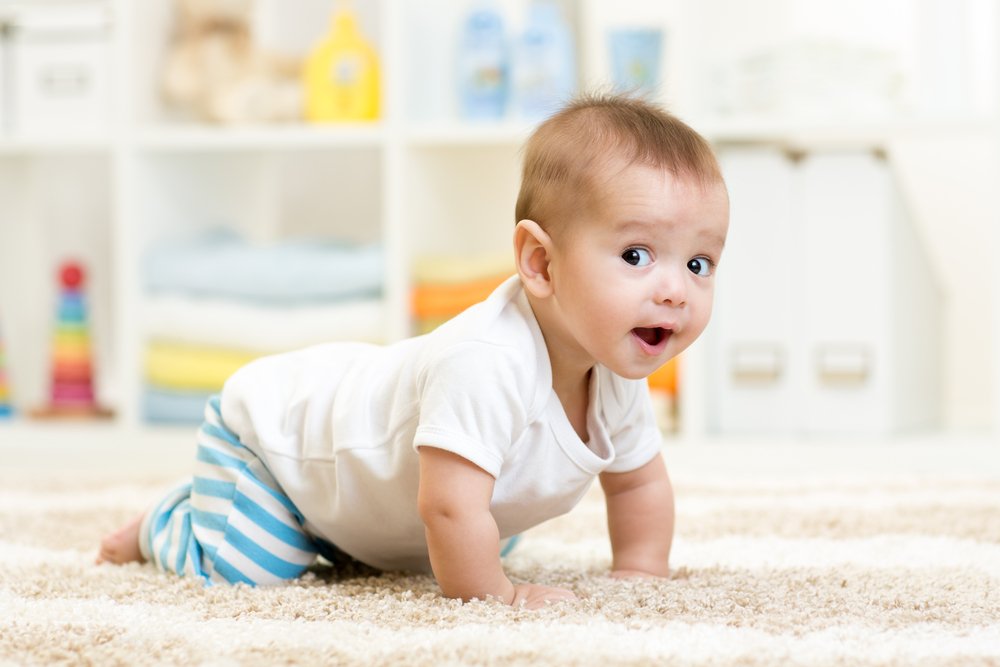
Key points: Babies may crawl backward before they crawl forward during their learning process. Crawling develops between 6 to 10 months, and not…

Key points: Babies typically start crawling between 6-10 months, but each child develops at their own pace. Crawling may be more challenging for…
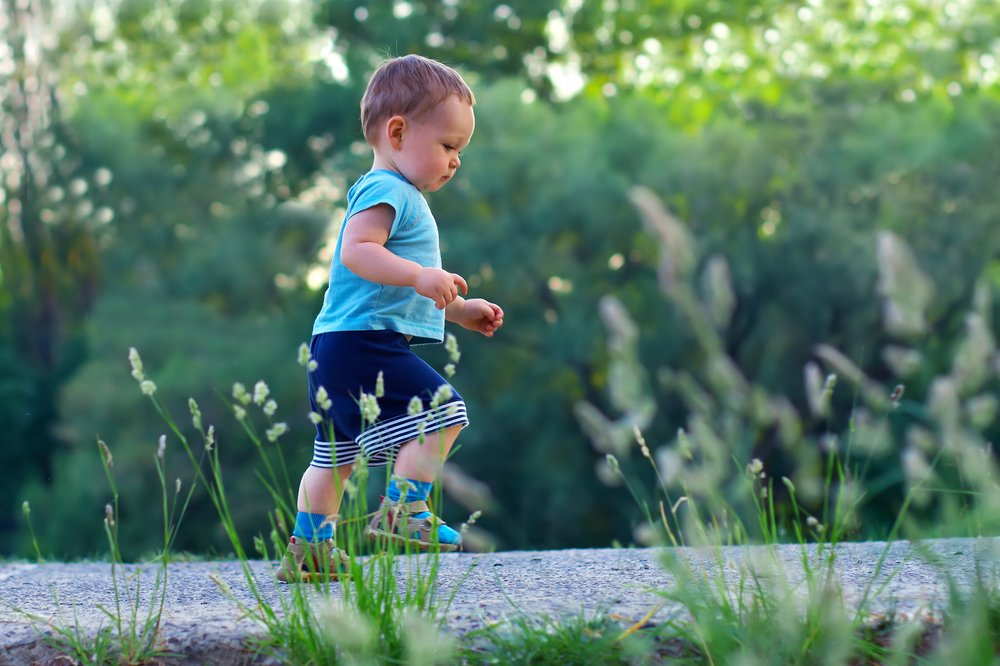
Key points: 1. The development of physical skills is essential in your child’s growth journey, from grasping your finger to playing on the…

Key points: 1. Writing and drawing skills develop gradually, starting with random scribbling around 16 months. 2. Controlled scribbling and repetition of lines…
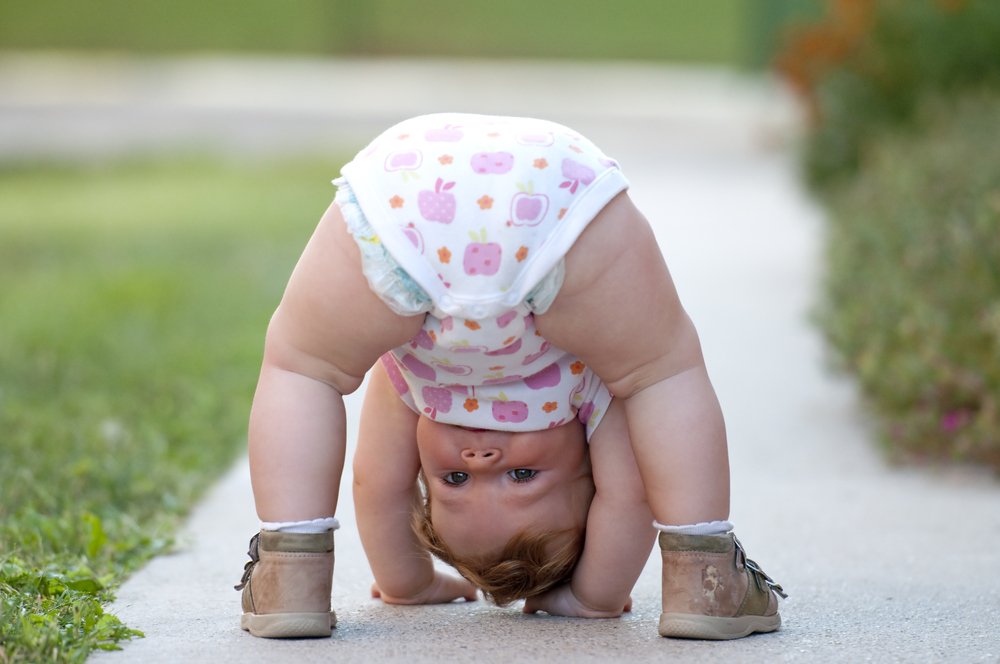
Key points: 1. Movement play is crucial for early childhood development, impacting physical, linguistic, social-emotional, and cognitive areas. 2. Movement play involves various…

Key points: Scissor use develops hand muscles and coordination. Skills needed for scissors include hand separation and hand-eye coordination. Everyday tasks can help…
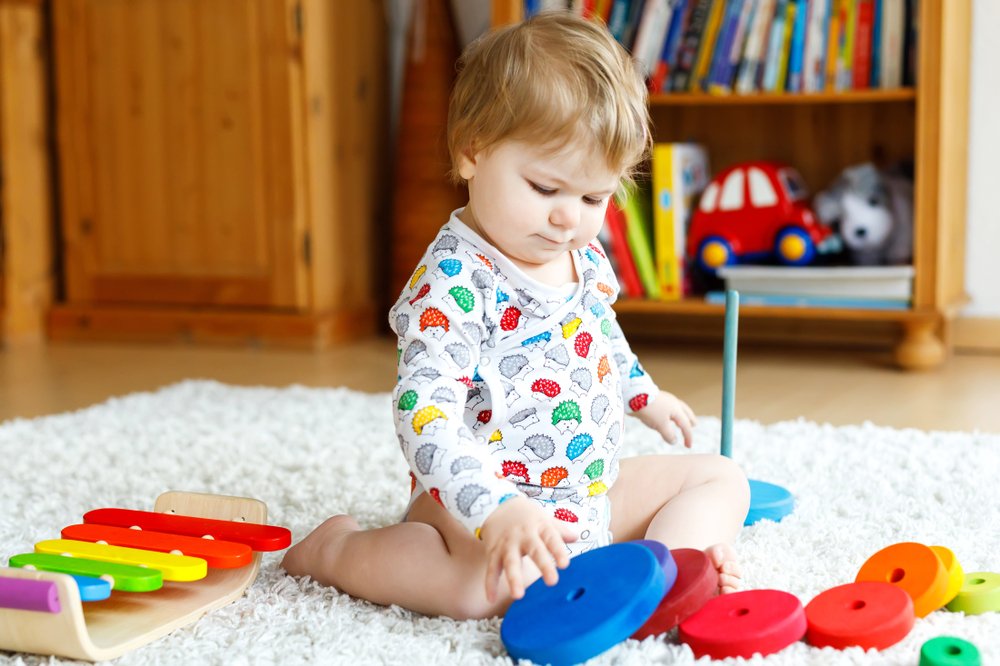
Key points: Play is essential for childhood development, fostering problem-solving skills and social interactions. Babies initially explore everything, including toys and household objects,…
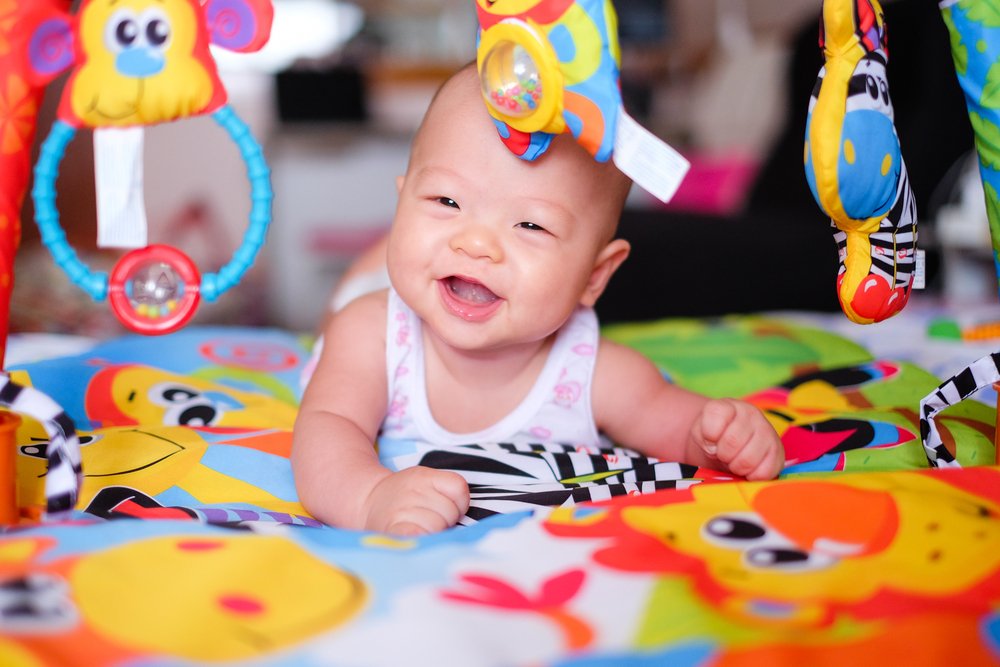
Key points: Strengthening neck muscles and achieving head control is crucial for a baby’s physical development. Tummy time is a valuable tool to…

Key points: Babies initially can’t associate what they see with what they touch due to limited hand coordination. Stimulating a baby’s hand coordination…